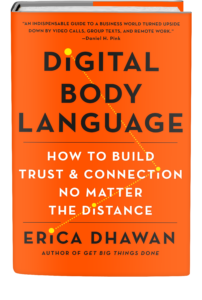"Perhaps our deepest fear is that we don't belong to the "tribe". That we're separate. And perhaps it's this fear that drives us to "be a certain way" in order to belong. And compels us to hide what we believe to be imperfect."
Nic Askew, soulbiographies.com/
What are you hiding for its imperfections?







